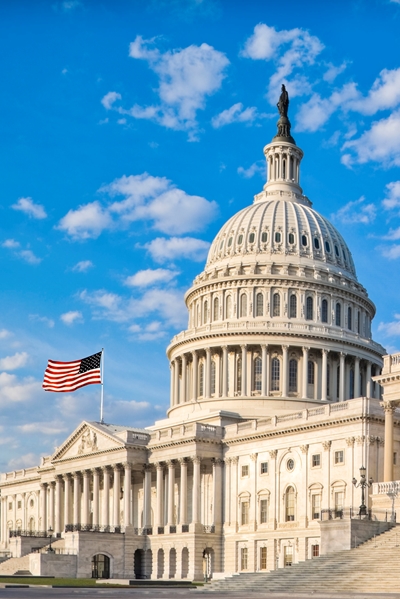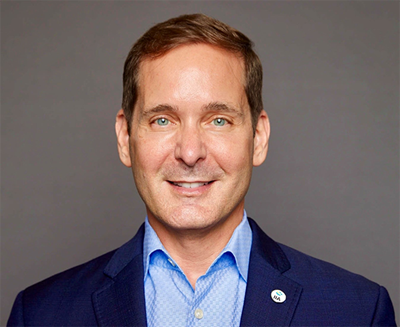When launched, The IIA will join the legion of nonprofits, companies, and labor unions to have funded PACs in the decades since they first emerged out of the U.S. labor movement in the 1940s. Campaign finance reform laws in the 1970s further spurred the popularity of PACs (see "PAC FAQs" below).
Pugliese says The IIA needs to be involved in politics to help shape the future of the profession and to educate policymakers and lawmakers on the important role that internal audit plays in business, government, and the economy. "If you look at the major learned professions such as doctors, lawyers, dentists, accountants, engineers, and architects, they all have PACs, but internal auditors don't," he explains. "This is one of the most powerful tools in this country for advocacy for any profession."
Today, there are more than 8,700 PACs operating in the U.S., which each year raise and distribute billions of dollars in support of or against political candidates, ballot initiatives, and legislation. Of these, 305 are membership PACs similar to that of The IIA. An important distinction about PACs is their transparency. The FEC regularly reports all money raised and disbursed by PACs, which must register with the FEC for their license to operate.
Of note, under FEC rules, only U.S. citizens and permanent residents who are members of a registered association can donate, and their annual contribution is capped at $5,000. Also capped at $5,000 is the total amount that can be given to a political candidate in a single election cycle.
Pugliese says The IIA is forming a PAC advisory committee to work under the bylaws of the PAC agreed to and authorized by The IIA's North American Board of Directors. The IIA PAC advisory committee is being constituted with a bipartisan mix of existing board members as well as volunteers, members, and IIA staff. "The bylaws and stated objectives of the PAC are key," Pugliese says. "We have to be careful that this PAC committee is comprised of people from both parties and independents who in spite of their political orientation will vote to support allies of our profession."
Building an Advocacy Team
Working with Pugliese on the PAC's foundation is The IIA's newly established advocacy team, helmed by Mat Young, vice president for Global Advocacy, Policy, and Government Affairs. Young joined The IIA in February from a more than 20-year career in public policy-related roles. His team is already working with The IIA's U.S.-based chapters while also building recognition for the internal audit profession through group and one-on-one educational events and meetings with lawmakers and their staffs.
"Nearly all sophisticated corporations and membership associations involved in U.S. federal advocacy have PACs," Young says. "It really is a standard best practice and is seen as essential to engaging in the public policymaking process."
The IIA has retained New York law firm Venable LLC for legal counsel in standing up and operating its PAC. Venable associate David Owens and Lawrence Norton, former general counsel to the FEC, comprise part of the IIA's outside legal team. Owens explains that from a high level, the advantage of forming a PAC is that it gives association members an opportunity to pool resources to support candidates who share their values. "PAC contributions coupled with effective advocacy by The IIA help to ensure that policymakers get elected and maintain key positions and that they understand the importance of the internal audit profession more broadly," he says. "It's really just a funding mechanism for candidate support."




